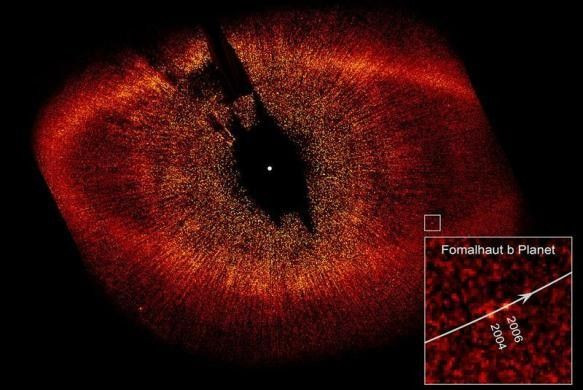Whale-Sized Asteroid to Pass Closest to New Zealand on Sept. 8

A massive asteroid comparable to the size of a whale is expected to fly 40,200 kilometres over New Zealand. According to reports, the asteroid will pass Earth on Sept. 8 and New Zealanders are encouraged to watch out for it around 6:18 in the morning, New Zealand time.
NASA said the asteroid will not be a threat to Earth and orbiting spacecraft. The asteroid, known as 20214 RC (R-C), was spotted by astronomers using the Catalina Sky Survey on Aug. 31 near Tucson, Arizona. Another telescope, the Pan-Starrs 1, also detected the asteroid the following day in Hawaii. NASA estimated the size of the asteroid to be about 20 metres or 60 feet.
The asteroid is best viewed using a telescope. Amateur watchers with small telescopes might be able to get a glimpse of the fast-moving object, NASA said.
In a report by MailOnline, British physicist Brian Cox said he believes an asteroid could wipe out humanity anytime. He feared people are not taking the threat seriously. Professor Cox revealed an asteroid nearly hit Earth a few months ago.
According to reports, an asteroid the size of a bus known as 2014 EC was recorded to have close to Earth at 61,637 kilometres in March. It was equivalent to the one-sixth of the distance between the moon and the planet.
NASA is currently monitoring the movement of about 1,400 "potentially hazardous asteroids" including calculating their impact probabilities.
Cox said no one knows when an asteroid could seriously hit the planet. He added that it bothers him to think no one seemed to know what to do when the time comes.
Reports said global spending on space programmes have declined in nearly 20 years. The UK spends about $500 million on civil space programmes while the U.S. government allots $38.7 billion on its space budget.
Cox pointed out that asteroids are not only things humanity should be concerned about but also artificial intelligence and climate change. He said it is in humanity's best interest to "pursue more knowledge", invest in research and boost skills in science and engineering.





















